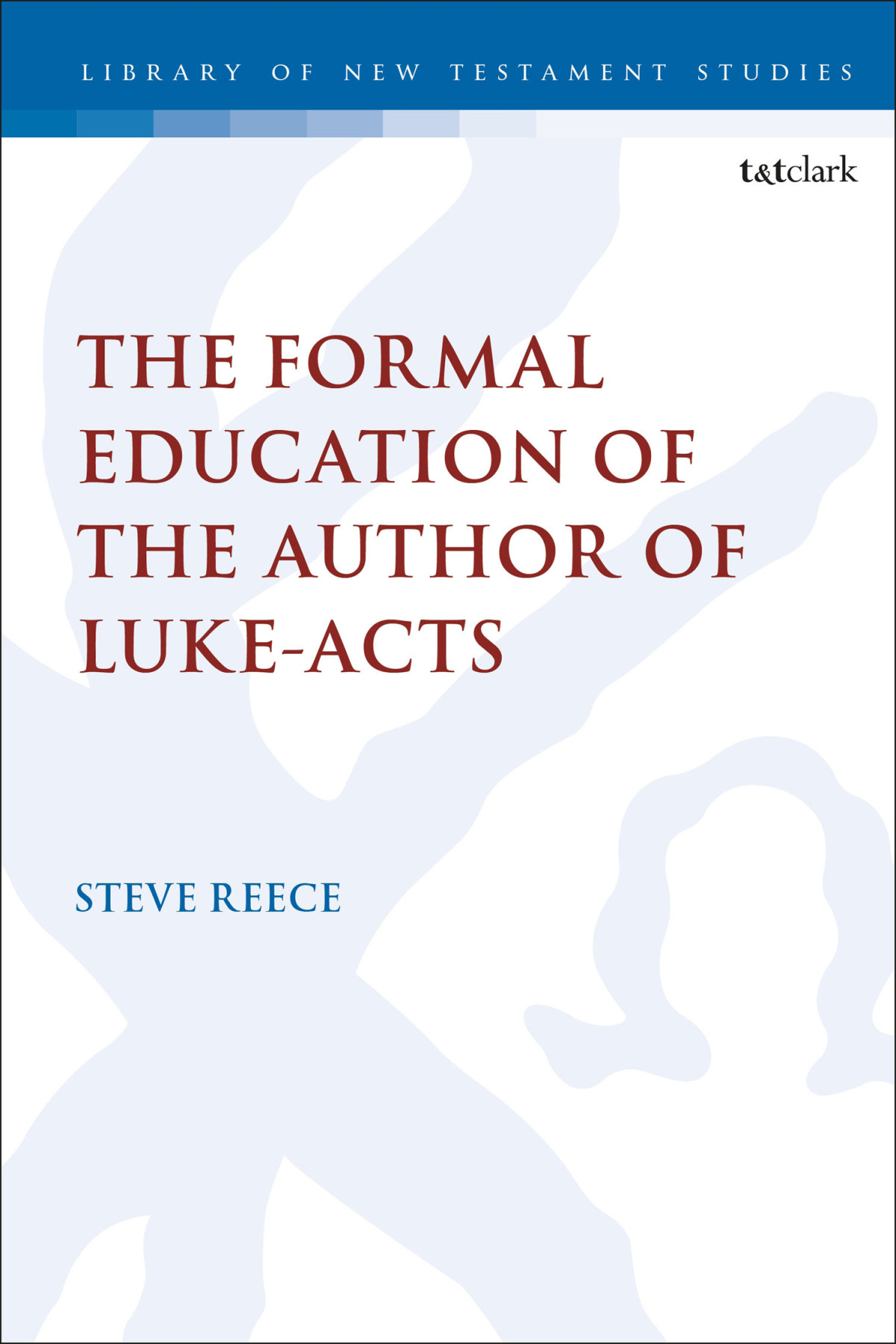

Most ebook files are in PDF format, so you can easily read them using various software such as Foxit Reader or directly on the Google Chrome browser.
Some ebook files are released by publishers in other formats such as .awz, .mobi, .epub, .fb2, etc. You may need to install specific software to read these formats on mobile/PC, such as Calibre.
Please read the tutorial at this link: https://ebookbell.com/faq
We offer FREE conversion to the popular formats you request; however, this may take some time. Therefore, right after payment, please email us, and we will try to provide the service as quickly as possible.
For some exceptional file formats or broken links (if any), please refrain from opening any disputes. Instead, email us first, and we will try to assist within a maximum of 6 hours.
EbookBell Team

5.0
40 reviewsThe emperor Julian (“the Apostate”) once proclaimed sardonically that Christian teachers who do not believe in the Greek gods should cease teaching the Classics—Homer, Hesiod, Demosthenes, Herodotus, Thucydides, Isocrates, and Lysias—and instead go off to their Galilean churches and expound on Matthew and Luke (Epistulae 61c in J. Bidez’s Les Belles Lettres edition). I am a Christian teacher of the Classics who does not believe in the Greek gods, and I intend, even more than sixteen centuries later, to abide by the emperor’s proclamation. But, perhaps to the emperor’s dismay, I shall be expounding on the New Testament by viewing it against the literary backdrop of these very Classical predecessors.
I was trained as a Classical philologist, with specialization in Greek linguistics and literature, and my research has resided largely in those fields. I have from time to time ventured into the world of New Testament Studies—a monograph on Paul’s letter-writing techniques, some articles on textual and philological matters—but I remain fully aware of the perils of wandering too far outside one’s comfort zone. I shall no doubt on occasion display my naiveté and even—though hopefully not too often—my ignorance of areas already well trodden by specialists in the New Testament.